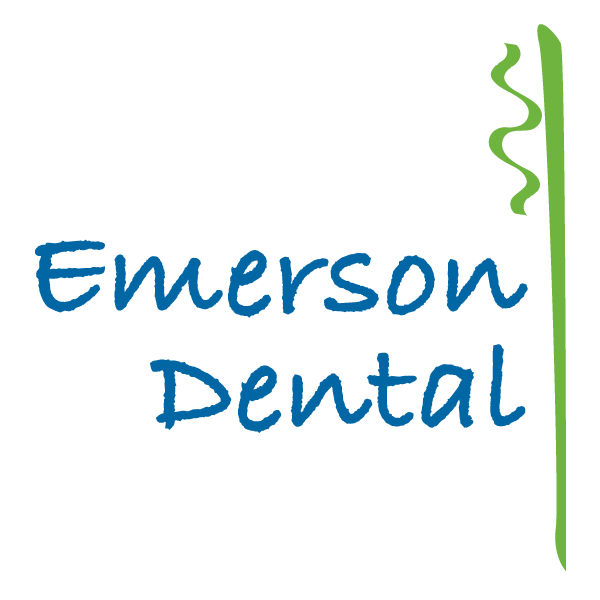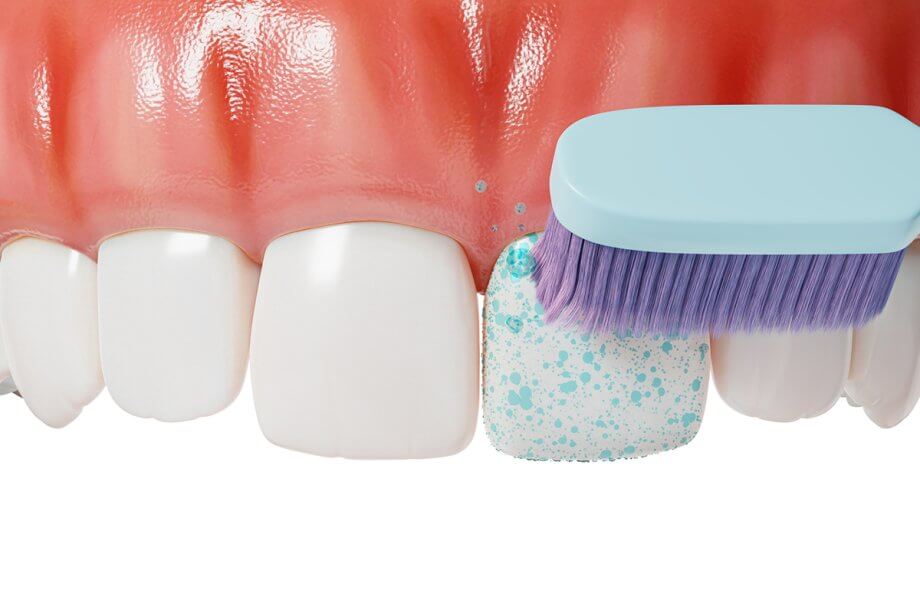Regular dental cleanings do more than brighten your smile—they help protect your long-term oral and overall health. We’re often asked how often someone should come in for a cleaning, especially for families juggling busy schedules in Westford and Bedford. In this guide, we’ll walk you through the ideal cleaning frequency, when you might need more visits, and how to make the most of each appointment.
What you’ll learn:
- The standard recommendation for dental cleanings
- Factors that may change how often you should be seen
- What happens during a professional cleaning—and why it matters
- Tips to keep your smile healthy between visits
- Answers to common questions from patients in our community
Why Professional Cleanings Matter
Professional cleanings do more than remove surface stains. Plaque—a sticky film of bacteria—builds on your teeth every day. When it hardens into tartar, brushing and flossing can’t remove it. Tartar at the gumline is a major driver of gum disease, which affects nearly half of U.S. adults. Cleanings break that cycle by removing buildup that puts your gums and bone at risk.
Good oral health is also linked to overall wellness. Research has associated gum disease with conditions like diabetes, heart disease, and adverse pregnancy outcomes. While a cleaning isn’t a cure-all, staying on schedule helps lower inflammation and keeps problems from progressing—saving you time, money, and discomfort later.
How Often Should You Get a Dental Cleaning?
The general rule: every six months
For most adults and children, we recommend professional dental cleanings every six months. This schedule:
- Disrupts tartar buildup before it irritates your gums
- Helps us spot early signs of cavities, fractures, or oral cancer
- Keeps small issues from becoming bigger, more expensive treatments
Insurance plans often align with this cadence because it’s proven to lower the risk of future dental disease.
When you may need cleanings more often
Some people benefit from cleanings every three to four months. We may recommend a shorter interval if you have:
- A history of gum disease (periodontitis) or signs of active gum inflammation
- Diabetes, heart disease, or a condition that affects your immune system
- Pregnancy, which can increase gum sensitivity and swelling
- Dry mouth (from medications or conditions), which raises cavity risk
- Orthodontic appliances or dental restorations that trap plaque
- Tobacco use or vaping
- Recurrent cavities or high sugar intake
If any of these apply to you, more frequent cleanings can be a smart, proactive step. We’ll discuss a personalized schedule that fits your mouth and your life.
What about children and teens?
We generally follow the six-month guideline for kids, beginning around their first birthday or within six months of their first tooth. We may adjust frequency for children with higher cavity risk, ongoing orthodontic treatment, or enamel defects. Consistent visits help build good habits and catch small concerns early—like molar grooves that may benefit from sealants.
What Happens During a Dental Cleaning?
A thorough, gentle process
Every visit is designed to be comfortable and efficient while giving you a complete assessment of your oral health. Here’s what to expect:
- Health review and exam: We discuss any changes in your health, medications, or dental concerns. A dentist or hygienist examines your teeth, gums, and bite.
- Digital X-rays (as needed): We take X-rays at recommended intervals to check areas we cannot see, like between teeth or under restorations.
- Periodontal assessment: We measure your gum pockets and check for signs of inflammation or bone loss.
- Scaling: Your hygienist removes plaque and tartar above and below the gumline using specialized instruments or an ultrasonic scaler.
- Polishing: We smooth the tooth surface to reduce future plaque buildup and gently remove surface stains.
- Flossing and rinse: We ensure everything is clean and comfortable before you leave.
- Fluoride (when appropriate): For children and adults with higher cavity risk, fluoride can strengthen enamel and reduce sensitivity.
- Personalized home-care coaching: We’ll show you simple adjustments to make brushing and flossing more effective. If you prefer certain tools—like a water flosser or interdental brushes—we’ll tailor our advice.
If you have gum disease
For patients with periodontitis, we may recommend scaling and root planing (a deeper cleaning) and more frequent maintenance visits to stabilize your gums. Periodontal maintenance is different from a standard cleaning because it targets deeper pockets and prevents reinfection. We’ll explain each step and check your comfort throughout.
How to Keep Your Teeth and Gums Healthy Between Visits
Daily habits that make a real difference
- Brush twice a day with a soft-bristled brush for two minutes
- Use fluoride toothpaste to strengthen enamel
- Floss once a day (or use a water flosser/interdental brushes if that’s easier)
- Rinse with an alcohol-free fluoride or antibacterial mouthwash if recommended
Small changes with big impact
- Sip water often to reduce dry mouth and wash away food particles
- Limit frequent snacking, especially sticky or sugary foods
- Choose a balanced diet rich in vegetables, lean proteins, and dairy or calcium-rich alternatives
- Chew sugar-free gum with xylitol after meals to stimulate saliva
- Wear a nightguard if you grind your teeth—protecting enamel reduces sensitivity and fracture risk
When to call us sooner
Don’t wait for your next visit if you notice:
- Bleeding when brushing or flossing that doesn’t improve within a week
- Persistent bad breath or a bad taste
- Tooth pain, temperature sensitivity, or sharp edges
- Swelling, sores, or a lump in your mouth or neck
- A cracked filling, loose crown, or broken tooth
Early attention prevents discomfort and keeps treatments simple.
Choosing the Right Cleaning Schedule for You
We tailor recommendations to your mouth—not just a calendar. During your visit, we consider:
- Your gum health and pocket measurements
- Plaque and tartar buildup rate
- Cavity history and tooth wear
- Saliva flow and medication side effects
- Lifestyle factors like diet, tobacco use, or stress
- Orthodontic or restorative needs
If your gums are stable and plaque is minimal, six months may be perfect. If we see signs of inflammation or higher risk, stepping up to three or four months can keep you healthier long-term. We’ll always explain why we’re recommending a schedule and what you can expect from it.
Frequently Asked Questions
Is a dental cleaning the same as a deep cleaning?
No. A standard cleaning removes plaque and tartar above the gumline. A deep cleaning (scaling and root planing) treats the tooth surfaces below the gumline to manage gum disease. We recommend deep cleaning only when necessary to restore gum health.
Will a cleaning make my teeth whiter?
Cleanings remove surface stains from coffee, tea, wine, and tobacco, which can make your smile look brighter. For a more noticeable change, we can discuss professional whitening options.
A Schedule That Fits Your Smile
Most people do best with a cleaning every six months, but some need visits every three to four months to keep gums healthy and prevent problems. We’ll work together to find the right schedule for you, making sure your care plan supports both your oral and overall health.
If it’s been a while since your last cleaning, or if you’re unsure about the best routine for your needs, we invite you to reach out. Our team is here to answer your questions and help you feel comfortable every step of the way. By staying consistent with preventive care, you give yourself the best chance at a healthy, confident smile for years to come.
At Emerson Dental, we are dedicated to providing exceptional care in a welcoming and professional environment. Our team prioritizes your comfort and works closely with you to create personalized treatment plans that meet your unique needs. Contact us today to schedule your appointment.

